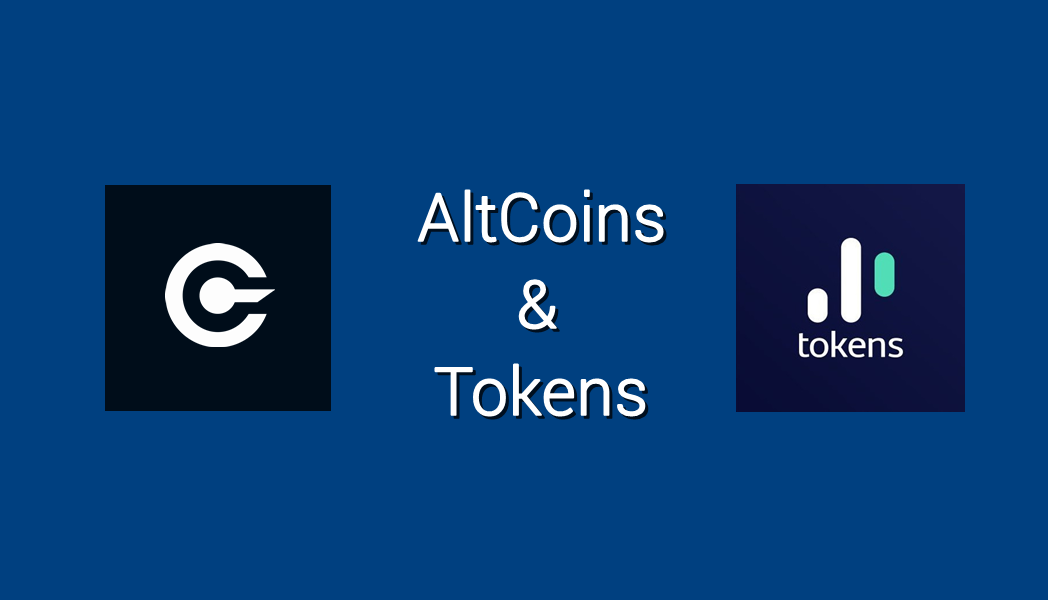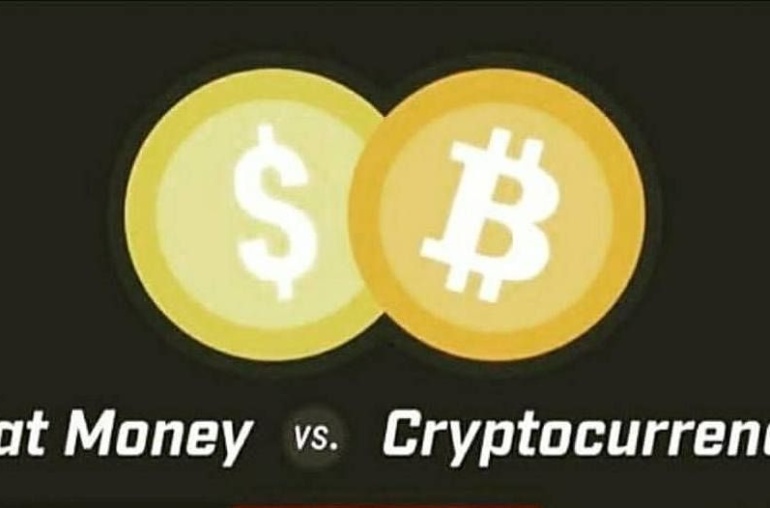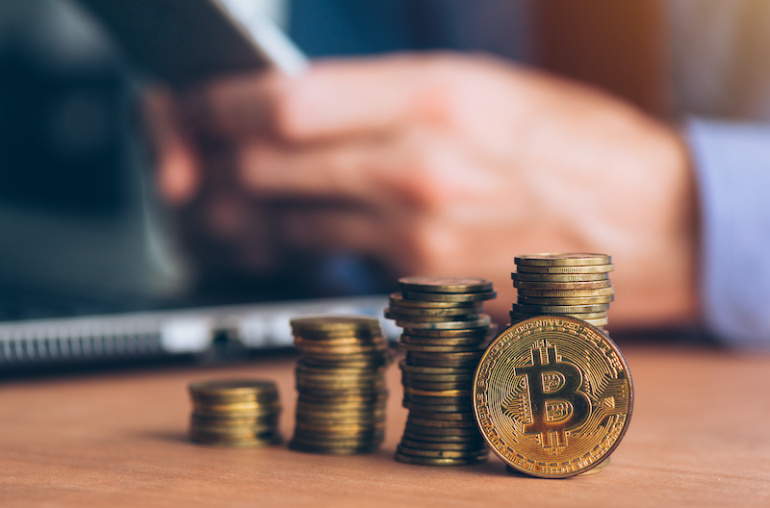Blockchain Technology has taken the world by storm and this popular technology is filled with technical intricacies and jargon. This is one of the reasons for its slow adoption, although exciting, most companies and professionals took decades to master the application of Blockchain Tech. The earliest known application is the cryptocurrency – Bitcoin. After Bitcoin’s launch in 2009, many cryptocurrencies were introduced in the industry and they were divided in two categories Altcoins and Security Tokens. Despite the existence of over 2000 cryptocurrencies, Bitcoin has continued to maintain its dominance in Market Capitalization at 65% through the ongoing bull run that started in April 2019.
In this guide we will get started with all there is to know about Altcoins and Security/ Utility Tokens.
Concept: Altcoins and Tokens
A cryptocurrency is a digital asset that is secured using cryptography and exchanged between peers on the blockchain network. It can be used as a medium of exchange and its value is decided by demand and supply on exchanges where it is traded. Transactions between peers are verified using a consensus mechanism that is followed by the cryptocurrency being exchanged. For example, transactions on the Bitcoin Network rely on PoW mechanism for consensus/ verification.
Bitcoin was the first cryptocurrency that was introduced to the world in 2009 and currencies like Ethereum, Litecoin, Bitcoin Cash followed suit. Cryptocurrencies with the basic purpose of exchange between peers functioned as a currency, similar to the Fiat currencies that we are familiar with – USD, INR, EUR and JPY. These currencies were classified as Altcoins.
Apart from their function as a currency, cryptocurrencies can also be used to issue securities or exchange assets with intrinsic value, such as real estate, electricity or storage space and the cryptocurrencies used for this purpose were classified as Tokens.
Where can I buy them and how to store them?
Cryptocurrency exchanges and P2P platforms sell Altcoins and Tokens in exchange of Fiat or other tokens. Few popular exchanges are Binance, OKEx, Bittrex and Kucoin. Once bought, these coins or tokens can be stored in the exchange wallet or any other digital wallet like Metamask.
Differences: Altcoins vs Tokens
- The most important difference between Altcoins and Tokens is the purpose of issuing the cryptocurrency and its exchange. Altcoin’s purpose is to settle monetary transactions with the cryptocurrency as the underlying value (eg. XMR or XRP). A token’s purpose is to execute a smart contract or an exchange of value/ assets on the blockchain (eg. SIA or TRX)
- Altcoins function as an alternative to fiat money, tokens are an efficient and decentralized solution for Data and Information Management
- Altcoins do not represent a tangible asset, tokens, on the other hand, represent a valuable or fungible asset
Is Bitcoin an Altcoin or Token?
Bitcoin is neither an Altcoin nor a token. It was the first cryptocurrency that was formally introduced as a medium of P2P exchange and labelled digital cash in the white paper. So it is considered as a leading cryptocurrency, some consider it the first-mover advantage. Cryptocurrencies that serve the same purpose and were introduced after Bitcoin, were labelled altcoins, meaning Alternative cryptocurrencies. The term Altcoins is used interchangeably with coins and Alternative coins.
These alternative coins solved the scaling problem, computational complexity and high energy requirement issue faced by the Bitcoin Blockchain network. Most of them are simply a fork or a variation of Bitcoin with focus on a unique aspect – like anonymity, increased transaction fees, different consensus mechanism or simply ease of accessibility. Bitcoin was open-source in nature since its early days and developers copied code and presented their improvised version at the first opportunity.
While this continued, some developers were intrigued by the idea of bringing blockchain tech to the masses and exchanging real-world assets, assets with underlying value on it. They built efficient systems of exchanging assets on top of existing blockchain networks, such as Ethereum and EOS and the tokens issued represented the commodity that is tradeable and real – such as gold, silver and diamonds. In some cases, it represented reward points and loyalty bonus such as air miles.
Altcoins like Ethereum facilitate the development of tokens through their technical standards like ERC20 and ERC721. Tokens are distributed through a private token sale, ICO or IEO.
Coins and tokens are changing our lives and how we view the world. Cryptocurrencies are reshaping world economy and providing an alternative to traditional investments and contracts that were available to a select few institutions and the elite. Their increased adoption is making our world decentralized, transparent and accessible to all.



